There are two fundamental truths about who we are in our very being that are at odds with one another. We are both made in God’s image, reflecting something about him and his glory in a way that makes us feel alive and important, and we are sinful, which often results in despair as we realize that even your best moments are tainted with selfish desires and our worst moments are almost unbearable to think about. As we feel the tension of living with these two realities that are at odds with one another but nonetheless define who we are, I highly recommend the reading of C.S. Lewis’s address entitled, “The Weight of Glory.”
I won’t spoil the ending of the address, but there is a passage at the beginning that is often quoted. Lewis asserts that our problem is not that our desires are too strong but that they are too weak. He compares us to a child playing in the mud who declines the offer of a vacation at sea. Like that child, Lewis says, we are far too easily pleased. We are so content having our desires fulfilled by food, sex, and ambition that we miss out on the infinite joy that is offered to us by God. This point is similar to one found in Paul’s letter to the Philippians. In chapter 3, he warns his listeners that there are those around them who are enemies of Christ. He says, “Their end is destruction, their god is their belly, and they glory in their shame with minds set on earthly things.”
These passages are helpful as we think about our work. What motivates us? What is our purpose? What are we really trying to accomplish in our tasks, our jobs, our careers, our vocations? You have probably felt the temptation to simply “work for the weekend” or be motivated to do your job only because of the paycheck that will allow you to enjoy any number of “earthly” comforts.
If we are working only for the sake of material gain, then we are like the child playing in the mud. We have no understanding of a more abundant way of living and choose not to participate in the offer to connect our work to something beyond ourselves.
While it may be common for us to consider our work as existing only for our own material gain, we live in a time when it is also likely that we will look for ways to make our work more meaningful. Perhaps we have experienced being let down by living life according to material success only. Perhaps we have experienced a bit of what we are really capable of accomplishing and do not want to settle for abiding by someone else’s job description for us. Perhaps we have found that it is in our work, not in our enjoyment of wealth, that we have come closer to reflecting the image of God that we bear. If we are made in God’s image and if God is our Creator, then it makes sense that in our own acts of making and creating we would feel closest to actually living up to our potential as human beings.
However, when we make the jump from using our work to attain material wealth to using our work to find fuller meaning for our lives, a new problem emerges. Once we have tasted the truer satisfaction that our work can bring, we want to drink more deeply from that well. We want to experience more and more meaning from our work, finding a better identity for ourselves in the process. The problem becomes that we no longer have any motivation for the less meaningful aspects of our work, and we find that the feeling of meaningfulness wears off more quickly with each successive experience. Perhaps this is one of the reasons why workaholism becomes a problem for so many of us. Like an addict, we are no longer too easily pleased, as Lewis warned about, but we are now not easily pleased enough.
Even though it is known for its apparent pessimism and cynicism, the book of Ecclesiastes is the place to go for wisdom in how to deal with this problem of not being pleased easily enough in our work. Chapter 3 of the book holds the interpretive key. It says, “What gain has the worker from his toil? I have seen the business that God has given to the children of man to be busy with. He has made everything beautiful in its time. Also, he has put eternity into man’s heart, yet so that he cannot find out what God has done from the beginning to the end. I perceived that there is nothing better for them than to be joyful and to do good as long as they live; also that everyone should eat and drink and take pleasure in all his toil—this is God’s gift to man.”
There is a simple, profound truth in this passage that will help us navigate the potential problems of being either too easily pleased or not pleased easily enough in our work. We are beings who long for deep and transcendent experiences and understandings of the purpose for our lives, because God has put eternity in our hearts. We are made in his image, yet we do not have the capacity to fully realize all of what that entails. What we do have the capacity for, though, is enjoying the good gifts that God gives us. Like food and drink, work is such a gift. If we use it simply as means for material gain, we will not enjoy it. If we use it as a way to find our most meaningful identity, we will not enjoy it. Like food and drink, work is sacramental. It provides us with a foretaste of God’s glory, and it is a daily reminder that God loves us and that his kingdom is lovely. However, like food and drink, our enjoyment of our work is not meant to replace God. It cannot bring us ultimate fulfillment. Let us, therefore, engage in our daily work, neither like the child playing in the mud, nor like the workaholic who can no longer be satisfied. Rather, let us find that our daily work is an enjoyable gift from God that is meant to turn our affection toward him.
Andrew Smith is the Director of Upper School and teaches Rhetoric and Christian Thought at The Geneva School, in Winter Park, FL.


